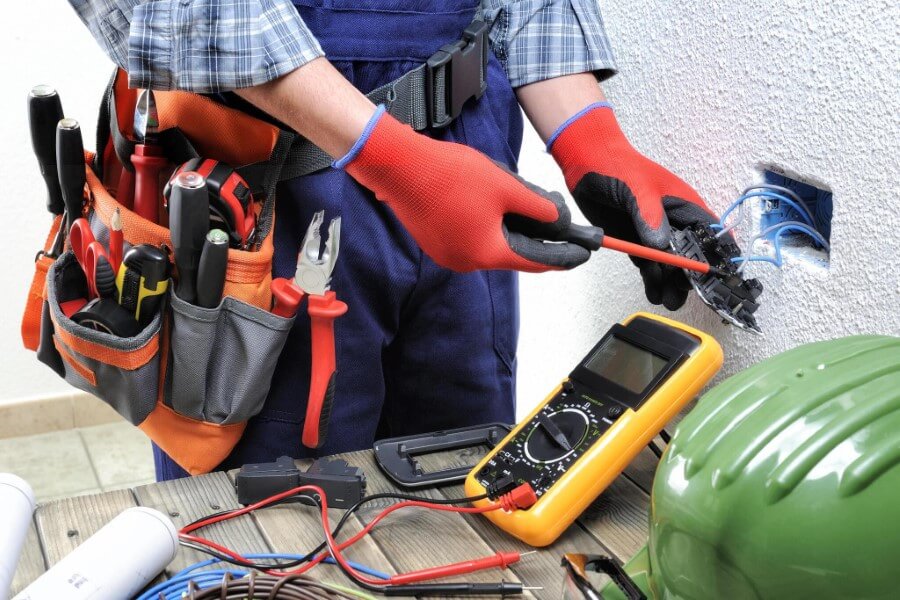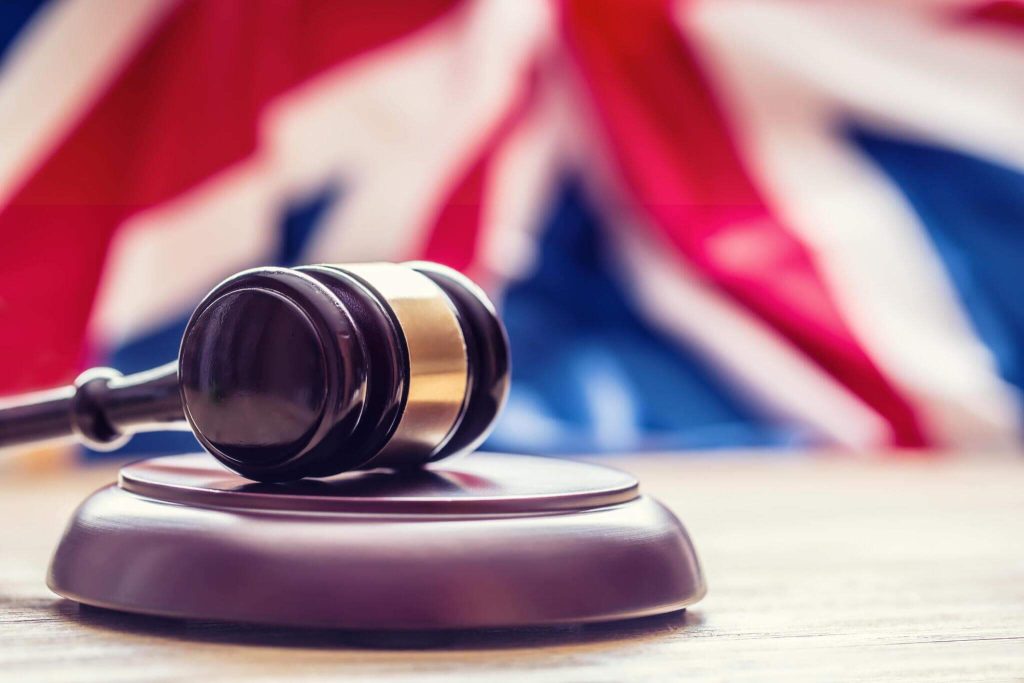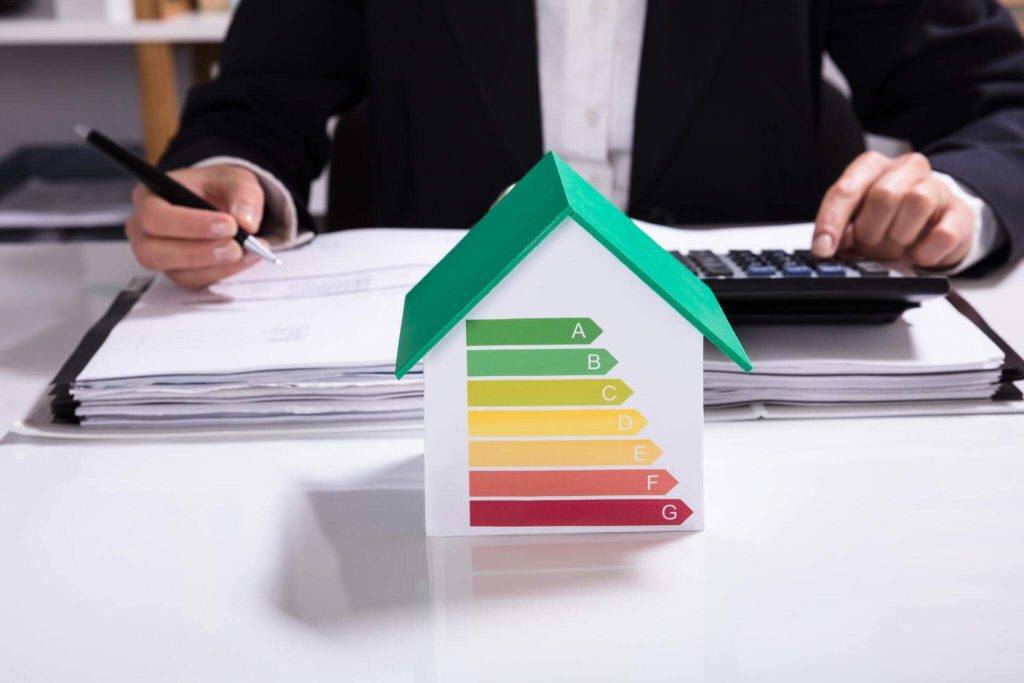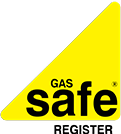EICR Certificate Cost
EICR certificate costs vary based on property size, engineer qualifications, and inspection depth. Factors like intricate wiring and equipment conditions impact expenses. Property size influences examination thoroughness and complexity, affecting overall pricing. Engineer credentials, experience, and specialized training also play a role in determining costs. Understanding these factors helps in making informed decisions on maintenance. Additionally, importance lies in safety, compliance, and risk management. Proper documentation guarantees accurate evaluations. Consider these elements to accurately estimate EICR certificate costs.
Studio
Property-
For one fuse board or consumer unit and any additional fuse board would be £89.99
1-3 Bedrooms
Property-
For one fuse board or consumer unit and any additional fuse board would be £89.99
4 Bedrooms
Property-
For one fuse board or consumer unit and any additional fuse board would be £89.99
5-6 Bedrooms
Property-
For one fuse board or consumer unit and any additional fuse board would be £89.99
If you require any further details or would like to book your EICR certificate with Trade Facilities Services, Call: 0208 146 9983
Factors Affecting EICR Certificate Cost
When determining the cost of an EICR certificate, various factors such as property size, wiring complexity, and required repairs play a significant role. The size of the property directly impacts the extent of the inspection required, with larger homes often necessitating more circuits and thorough examinations, thereby influencing the overall cost.
Properties with intricate wiring systems or unique features may incur higher charges due to the increased complexity involved in evaluating such setups. Additionally, the condition of the equipment and wiring, especially in older properties, can lead to additional inspections, repairs, or replacements, impacting the final cost of the EICR certificate.
Ensuring the safety of occupants is paramount during EICR testing, making it essential to conduct thorough inspections based on the specific characteristics of each property. Proper documentation of the equipment’s history is vital for accurately evaluating its current state and determining any necessary remedial actions. These factors collectively contribute to the overall cost of the EICR certificate, reflecting the thorough nature of the assessment required to maintain a safe electrical environment.
EICR Certificate Cost Variations by Location
Location markedly impacts the cost variations of EICR certificates, influencing pricing structures based on property size and the age of electrical systems. EICR certificate costs can differ considerably depending on the geographical location. Here are some key points to take into account:
London vs. North England Rates: Contractors in London may charge differently compared to those in North England due to varying living costs and market demands.
Urban vs. Rural Areas: Costs may vary between urban and rural areas due to accessibility, competition, and demand for electrical services.
High Demand Locations: Popular areas with high demand for electricians may have higher EICR certificate costs due to limited availability and increased competition.
Regional Regulations: Different regions may have specific regulations or standards that impact the cost structure of EICR certificates.
Market Trends: Fluctuations in the market, such as seasonal variations or economic conditions, can also influence EICR certificate costs in different locations.

Taking these factors into consideration is essential for property owners or landlords to budget effectively and understand the potential cost discrepancies when obtaining an EICR certificate in various locations.
Impact of Property Size on EICR Certificate Cost
Property size greatly influences the cost of an EICR certificate. Larger properties with more circuits necessitate more thorough inspections, leading to higher costs. The complexity of wiring systems in larger homes often requires additional time and resources to guarantee a thorough assessment. Unique features in larger properties may also increase charges due to the intricacies involved in examining specialized equipment.
Additionally, older properties with larger sizes may require extra inspections, repairs, or replacements to meet safety standards. Safeguarding the safety of occupants is paramount during EICR testing, especially in properties with diverse equipment and wiring configurations. Proper documentation of the equipment’s history is crucial for accurate evaluations, as it provides insights into the condition and maintenance of the electrical systems over time.
Hence, when considering the cost of an EICR certificate, property size plays a significant role in determining the overall expenses involved in conducting a detailed electrical inspection.
Electrical
Certificate
Visual Condition Report
Electrical Safety Certificate
Periodic Inspection Reports
Engineer Qualifications and EICR Certificate Cost
To accurately assess the cost of an EICR certificate, the qualifications of the engineer conducting the test play an important role in determining the overall expenses. It’s vital to contemplate the expertise and credentials of the engineer for a thorough and precise assessment. Here are five key points to ponder regarding engineer qualifications and their impact on EICR certificate cost:
Engineer Certification:
The engineer's certification level influences the cost of the EICR certificate, with higher qualifications potentially resulting in higher fees.
Experience Level:
Experienced engineers may charge more due to their extensive knowledge and skill set in identifying electrical issues.
Specialized Training:
Engineers with specialized training in specific areas such as commercial properties or older buildings may command higher rates.
Additional Services:
Engineers offering extra services like immediate defect repairs or detailed recommendations may have higher overall costs.
Industry Reputation:
Engineers with a strong reputation for quality work and thorough inspections may have premium pricing reflecting their expertise.

Taking into account these factors is essential in choosing the right engineer for an EICR test, ensuring a thorough evaluation of the electrical system while managing associated costs effectively.
Purpose and Importance of EICR Certificate Cost
The significance of understanding the cost implications of an EICR certificate lies in its pivotal role in ensuring electrical safety and compliance. An EICR certificate serves as an important tool for identifying faults, defects, and potential hazards within electrical systems. By comprehending the associated costs, individuals can prioritize necessary inspections and repairs, ultimately safeguarding occupants and meeting regulatory requirements.

It is essential to recognize that the cost of an EICR certificate encompasses not only the monetary aspects but also the broader implications on safety and legal compliance. Investing in an EICR certificate is an investment in the well-being of those who interact with the electrical installations, whether in residential or commercial settings. Understanding the cost breakdown of an EICR certificate allows for informed decision-making regarding maintenance, repairs, and upgrades, ensuring that electrical systems remain safe and up to standard.
Moreover, by grasping the purpose and importance of EICR certificate costs, property owners and landlords can proactively manage risks, prevent accidents, and maintain the overall integrity of electrical installations. Regular inspections facilitated by EICR certificates play a significant role in preemptively addressing potential issues, promoting a secure environment, and mitigating the likelihood of electrical emergencies. Acknowledging the significance of EICR certificate costs is integral to upholding electrical safety standards and regulatory compliance.
EICR Report Details and Recommendations
Upon completion of an EICR inspection, the report provides detailed findings and essential safety recommendations. The EICR report is vital for guaranteeing the safety and compliance of electrical installations. Here are some key aspects covered in the report:
1. Detailed
Findings
The report outlines any damages, defects, or potential hazards identified during the inspection, providing a thorough overview of the electrical system's condition.
2. Safety Recommendations
Essential safety suggestions are included to address any issues found and prevent potential electrical hazards, ensuring the safety of the occupants.
3. Prioritized Action Plan
Recommendations are often prioritized based on the severity of the issues discovered, guiding property owners on which areas require immediate attention.
4. Compliance Guidelines
The report may include information on how the property complies with electrical safety regulations, highlighting areas where improvements are needed to meet legal requirements.
5. Maintenance Suggestions
Recommendations for ongoing maintenance and regular inspections may be provided to help property owners maintain a safe electrical system over time.
The EICR report serves as a valuable tool for maintaining electrical safety, guiding property owners on necessary actions to ensure the integrity of their electrical installations.
Legal Requirements and Consequences
Upon reviewing the EICR report findings and safety recommendations, property owners must be aware of the legal requirements and potential consequences associated with compliance in electrical installations. Adhering to these regulations isn’t only vital for the safety of occupants but also mandatory by law.
In rental properties, it’s a legal requirement to have a valid EICR certificate, guaranteeing that the electrical installations are safe for use. Failure to comply with these regulations can result in severe consequences, including fines, invalidated insurance policies, and in the worst-case scenario, harm to individuals due to electrical faults.
Property owners must prioritize the safety of their tenants by ensuring that all electrical installations meet the necessary standards outlined in the EICR report. Non-compliance not only poses a risk to individuals but can also lead to legal liabilities and financial losses.
As such, it’s essential to promptly address any issues highlighted in the EICR report and make sure that the property meets all legal requirements to maintain a safe living environment.

EICR Inspection Process Overview
Starting an EICR inspection involves a thorough assessment of the property’s electrical installations and wiring systems. This process guarantees the safety and compliance of the electrical systems in the property. Here is an overview of the EICR inspection process:
Initial Visual Inspection:
The electrician conducts a visual assessment to identify any visible defects or issues with the electrical installations.
Testing Procedures:
Various tests are performed on the electrical systems to check for faults, safety hazards, and compliance with regulations.
Documentation:
Detailed documentation of the inspection findings, including any defects or recommendations for improvements, is recorded in the EICR report.
Duration:
The duration of the inspection process can vary depending on the size of the property and the complexity of the electrical systems.
This systematic approach to the EICR inspection process helps in identifying any potential electrical hazards, ensuring the safety of occupants, and providing recommendations for necessary remedial actions.
Changes in EICR Laws (2021)
In 2021, significant changes have been implemented in the EICR laws affecting electrical safety regulations. These changes primarily focus on enhancing the safety standards and guaranteeing compliance with updated regulations. One of the key amendments is the requirement for more frequent EICR inspections in certain properties. Previously, inspections were mandated every five years, but now, specific properties deemed high-risk must undergo more frequent assessments to mitigate potential hazards.
Furthermore, the updated laws entail stricter guidelines for landlords regarding the safety of electrical installations in rental properties. Landlords are now obligated to provide valid EICR certificates to tenants, demonstrating that their properties meet the necessary safety standards. Failure to comply with these regulations can result in severe consequences, including legal penalties and potential risks to tenants’ safety.
Moreover, the revised laws emphasize the importance of engaging qualified and competent electricians to conduct EICR inspections. Electricians must adhere to the latest industry standards and possess the requisite skills to accurately assess electrical installations. These changes aim to improve overall electrical safety and reduce the likelihood of electrical accidents due to faulty wiring or outdated systems. By staying abreast of these updated laws, property owners and tenants can ensure a safer living environment and mitigate potential risks associated with electrical hazards.


EICR Accreditation and Booking Information
Our team at the EICR accreditation center provides essential information for booking inspections efficiently. When seeking EICR accreditation and booking information, consider the following:
Accreditation Requirements: Verify that the electricians performing the EICR inspection hold the necessary qualifications and certifications to conduct the assessment accurately.
Booking Process: Familiarize yourself with the steps involved in scheduling an EICR inspection, including providing property details, selecting a suitable date, and understanding the duration of the inspection.
Documentation Needed: Prepare all relevant documentation such as property ownership proof, previous EICR certificates, and any specific concerns or areas needing attention during the inspection.
Cost Estimation: Request a detailed breakdown of the costs involved in the EICR inspection, including the inspection fee, potential remedial work costs, and any additional charges that may apply.
Post-Inspection Procedures: Understand the post-inspection procedures, including receiving the EICR report, addressing any identified issues, and seeking further guidance or clarification if needed.
Frequently Asked Questions
We constantly seek promotions or discounts for EICR certificates to reduce costs. Our aim is to provide cost-effective solutions while maintaining quality. Our team diligently researches all available options to help clients save money.
Factors like the age of the property and specific electrical features can greatly impact the overall cost of an EICR certificate. Older properties may require more inspections, repairs, or replacements, while complex wiring increases charges.
Neglecting an EICR certificate jeopardizes safety and legal compliance. Potential hazards like electrical fires and shocks pose risks. Non-compliance may lead to fines, insurance voidance, and tenant harm. Regular certifications guarantee safety.
We can choose a specific engineer for EICR testing. This decision impacts costs based on the engineer’s qualifications and experience. Opting for a qualified professional guarantees accurate assessments and compliance with safety regulations, potentially impacting overall expenses.
Having a valid EICR certificate for a property can lead to reduced insurance premiums, increased safety for occupants, and compliance with regulations. It provides assurance of electrical system integrity, minimizing risks and liabilities.
Approved By


